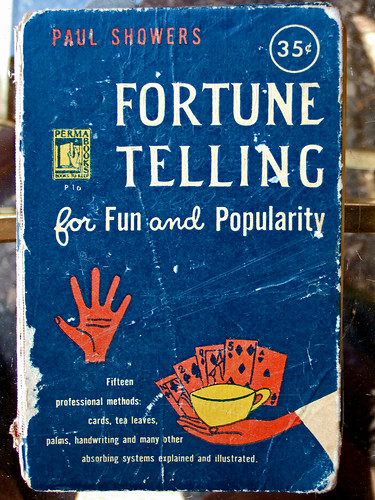I was very fortunate to have one of my posts picked up by the popular blog Twitip last week. In case you’re wondering, the post was giving users 10 Ways to Be Useful on Twitter.
The post got mostly a warm response and was retweeted over 1,500 times, which made me feel like I provided some useful content to people. By the way, thanks to everyone who retweeted the post or shared their comments. Very nice of you.
One of the questions that a commenter raised I gave me an idea for this post. He mentioned that it seemed strange that my post was being retweeted so much for someone with only about 300 followers. Could this be spam? Why didn’t I have more?
It’s not a dumb question, and I’m not trying to pick on him. He brings up a good point, because I think to a certain extent we are all judged (or we ourselves judge others) by things like the number of followers we have, or the number of ‘friends’ we have on Facebook.
We naturally look for some sort of metric to use when deciding whether to follow or friend someone that we don’t know. And its weird isn’t it? Do we do this because we want to determine if the account simply isn’t spam? Is it some sort of digital popularity contest? Do we only want to hang out with the popular kids? Or, is it because we’re careful about who we want to let into our network – even though the gateway to entry is only the click of a mouse.
Does that make the quality of information I’m able to provide less valid that anyone else’s? I don’t know, but I hope not. And would I love to have 50K followers? Absolutely. But, here’s the point: Its not the size of your network that matters – it’s the quality.
I’d argue that it’s not at all about the number of followers someone has (though I’m guilty of checking that out too). I look for a few things. First, what’s their ratio of followers to those they are following? If they’re following a thousand people but only have 10 followers – that’s a red flag. It tells me that they’re not participating in the conversation, or will try to sell me some get rich quick scheme.
I also ALWAYS give their page and the Bio a quick scan. If they’re sending out useful information that interests or helps me, or if their bio makes them sound like an interesting person – they’re in.
Ladies and Gentlemen, anyone can go out and follow a thousand people in an hour. You also will probably get a fair amount of follows back thanks to services that auto-follow or people who just follow back as a courtesy (which is great for people who just love making connections with as many people as possible). But as twitter grows, and networks grow, and the amount of information thrown at you grows its going to be more important than ever to be useful and provide good content to your network. Give people value and your network will grow organically, I promise.
Afterall, Twitter is a great tool for conversations, but also a great opportunity to create your network. Its not like Facebook where both sides need to agree to follow one another. With Twitter, you can have a one to one, or one to many relationship, and because of this, I’d urge everyone to cultivate their networks – find what works for you when you’re thinking of following people, and focus on quality, not quantity.







